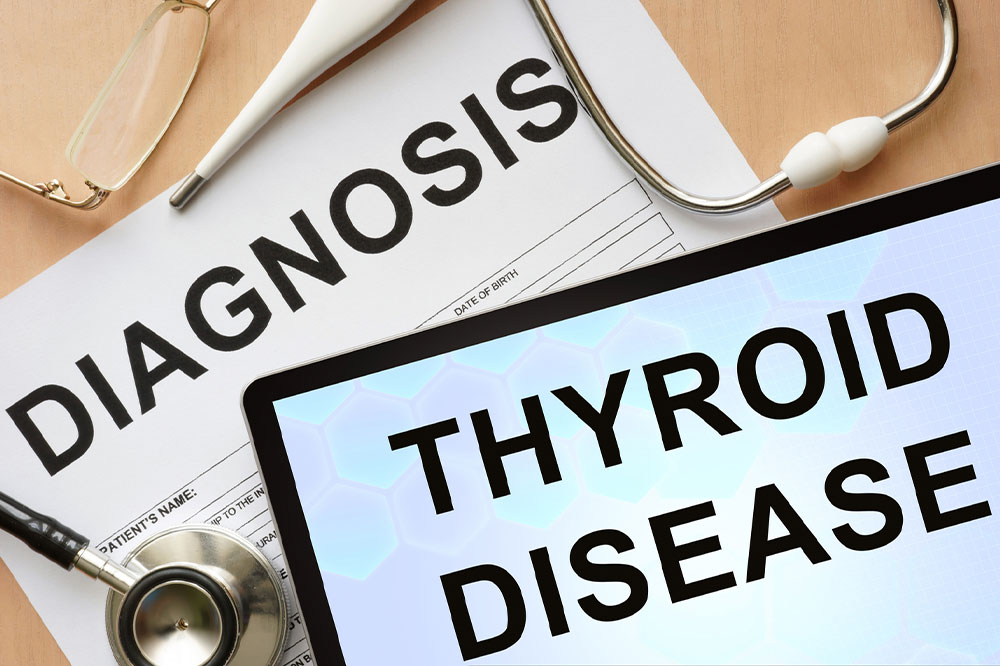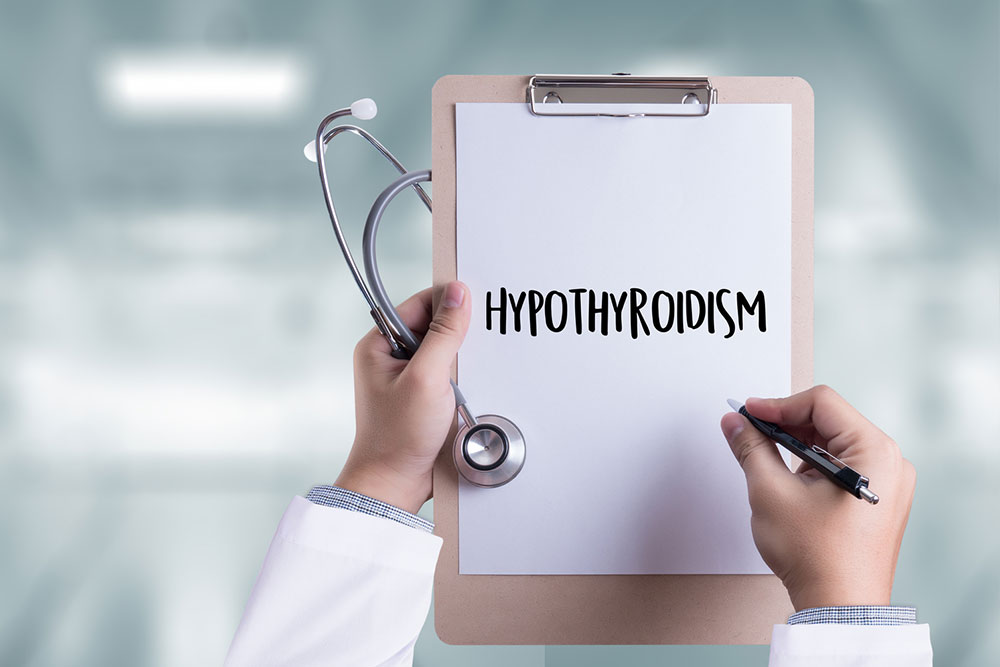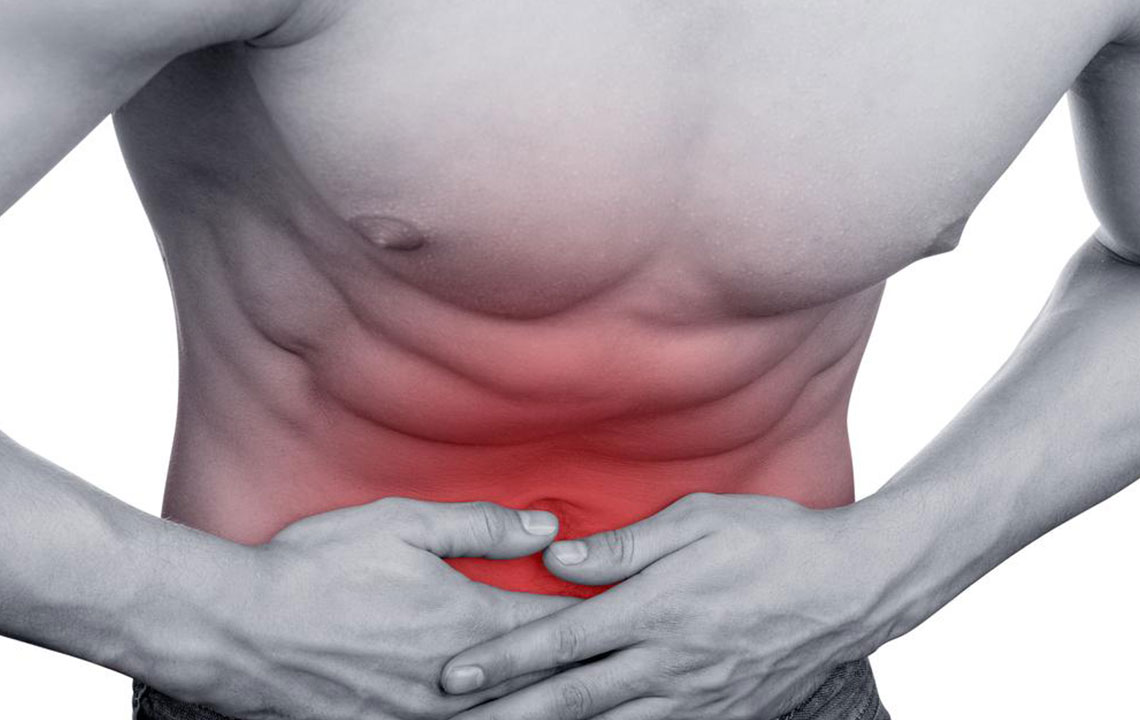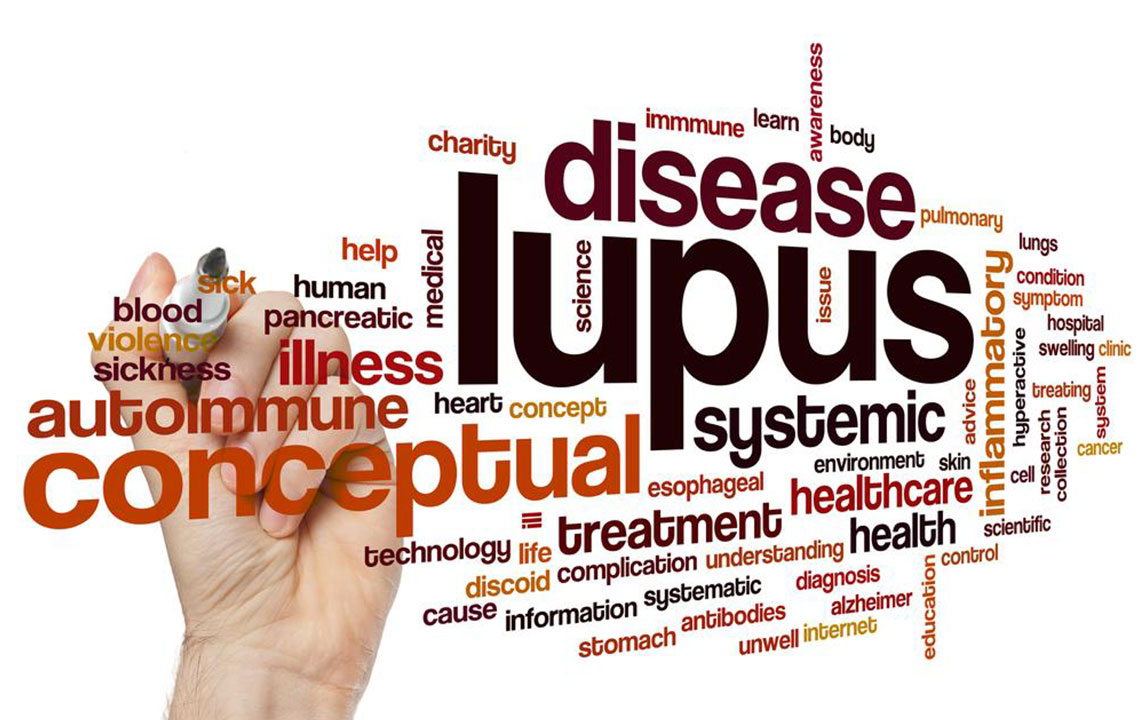Causes and symptoms of hashimotos disease
Hashimoto’s disease, also known as Hashimoto’s thyroiditis, is a condition where the immune system in an individual’s body turn against its own tissues. The primary act of the immune system of a person infected by Hashimoto’s disease is to attack the thyroid. This attack usually leads to hyperthyroidism, a condition where the thyroid is unable to produce enough hormones.
The thyroid gland is located in the front portion of your neck and is responsible for making hormones that control your metabolism.

Risk factors
- Genes: Most of the times, this disease is a hereditary disease. If your family has a history of autoimmune diseases or thyroid disease, then you might get a Hashimoto’s disease genetically.
- Hormones: Sexual hormones are a suggestive reason for acquiring the disease as the ratio of women having it against men is 7:1. To add to that, most women have thyroid problems when they are having a baby and even if the problem goes away, 20% of the women have the problems in a year or two after the delivery.
- Excessive iodine: A high amount of iodine in your body could also be a cause of Hashimoto’s disease. There could be some drugs that could induce the excess amount of iodine or some food items. Iodine is a trace element that is required by your body to make thyroid hormones. Take note that it can only trigger thyroid among susceptible people.
- Radiation exposure: People exposed to radiation have contracted Hashimoto’s disease and a problem to their thyroid. This has been reported among the people facing the atomic bombs in Japan and the Chernobyl nuclear accident.
Symptoms of Hashimoto’s disease
The symptoms for this disease can be mild in the initial stages and can also take years to develop. The primary sign is a swollen thyroid, called a goiter. If you have a swollen goiter it will make the front of your neck look swollen, this is how you will know about the disease. Along with this, the swelling will also encroach problems with swallowing. Other signs include:
- Fatigue
- Puffy face
- Muscle pain
- Constipation
- Inability to get warm
- Difficulty getting pregnant
- Hair loss or thinning, brittle hair
- Irregular or heavy menstrual periods
- Slowed heart rate




